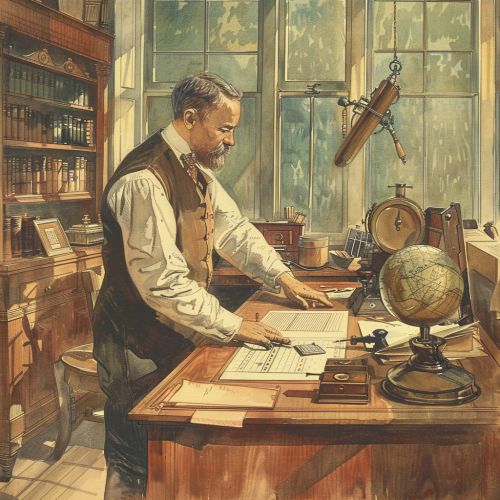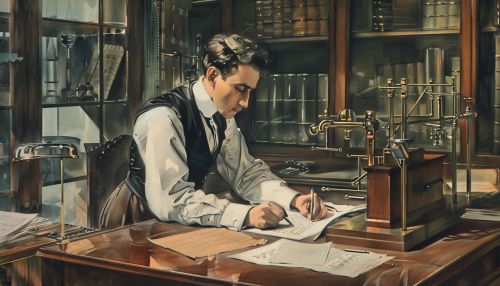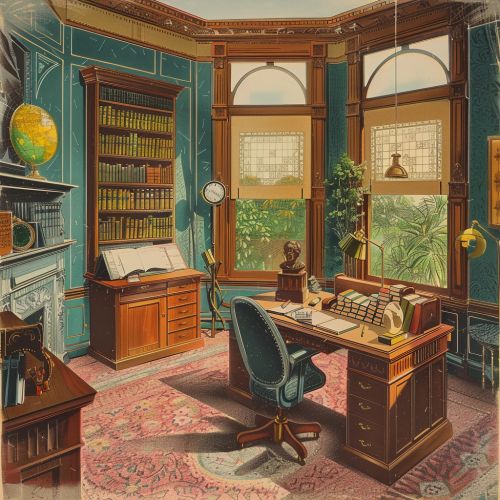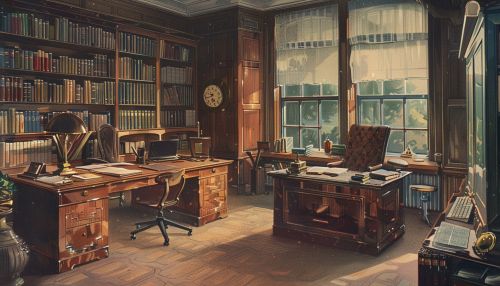Joseph-Louis Lagrange
Early Life and Education
Joseph-Louis Lagrange was born on January 25, 1736, in Turin, the capital of the Kingdom of Sardinia-Piedmont. His father, Giuseppe Francesco Lodovico Lagrange, was Treasurer of the Office of Public Works and Fortifications in Turin, and his mother, Teresa Grosso, was from a wealthy family. However, the family's financial situation deteriorated due to his father's poor financial decisions.
Lagrange's early education was at the College of Turin, but he was not particularly interested in classical studies. His interest in mathematics was sparked when he read a memoir by Edmond Halley on the use of algebra in optics. He then dedicated himself to the study of mathematics, learning from books by leading mathematicians of the time, such as Euler and Bernoulli.


Career and Contributions to Mathematics
In 1754, at the age of 19, Lagrange became an assistant professor at the Royal Artillery School in Turin. In 1756, he founded the Turin Academy of Sciences and wrote many of its early volumes of transactions, particularly on the application of analysis to the solutions of physical problems.
In 1766, Lagrange accepted an invitation from Frederick the Great to succeed Euler at the Berlin Academy. During his time in Berlin, he made significant contributions to various fields of mathematics. He developed the Lagrange multiplier method, which is a strategy for finding the local maxima and minima of a function subject to equality constraints.
Lagrange's most significant work, Mécanique Analytique, was published in 1788. In this work, he laid the foundation for the general theory of dynamics, reducing the principles of mechanics to that of the calculus of variations.
In 1787, Lagrange moved to Paris, where he was appointed to the mathematics section of the French Academy. He remained in France for the rest of his life, contributing to the development of the metric system and serving on the commission that established the decimal system of measurement.


Later Life and Legacy
Lagrange continued to contribute to mathematics and science until his death. He made significant contributions to number theory and to the theory of mathematical functions. He also introduced the method of solving differential equations known as the method of variation of parameters.
Lagrange died on April 10, 1813, in Paris. His contributions to mathematics and physics have had a lasting impact. The Lagrange points in celestial mechanics, the Lagrange's theorem in group theory, and the Lagrange polynomial in numerical analysis are all named after him.


